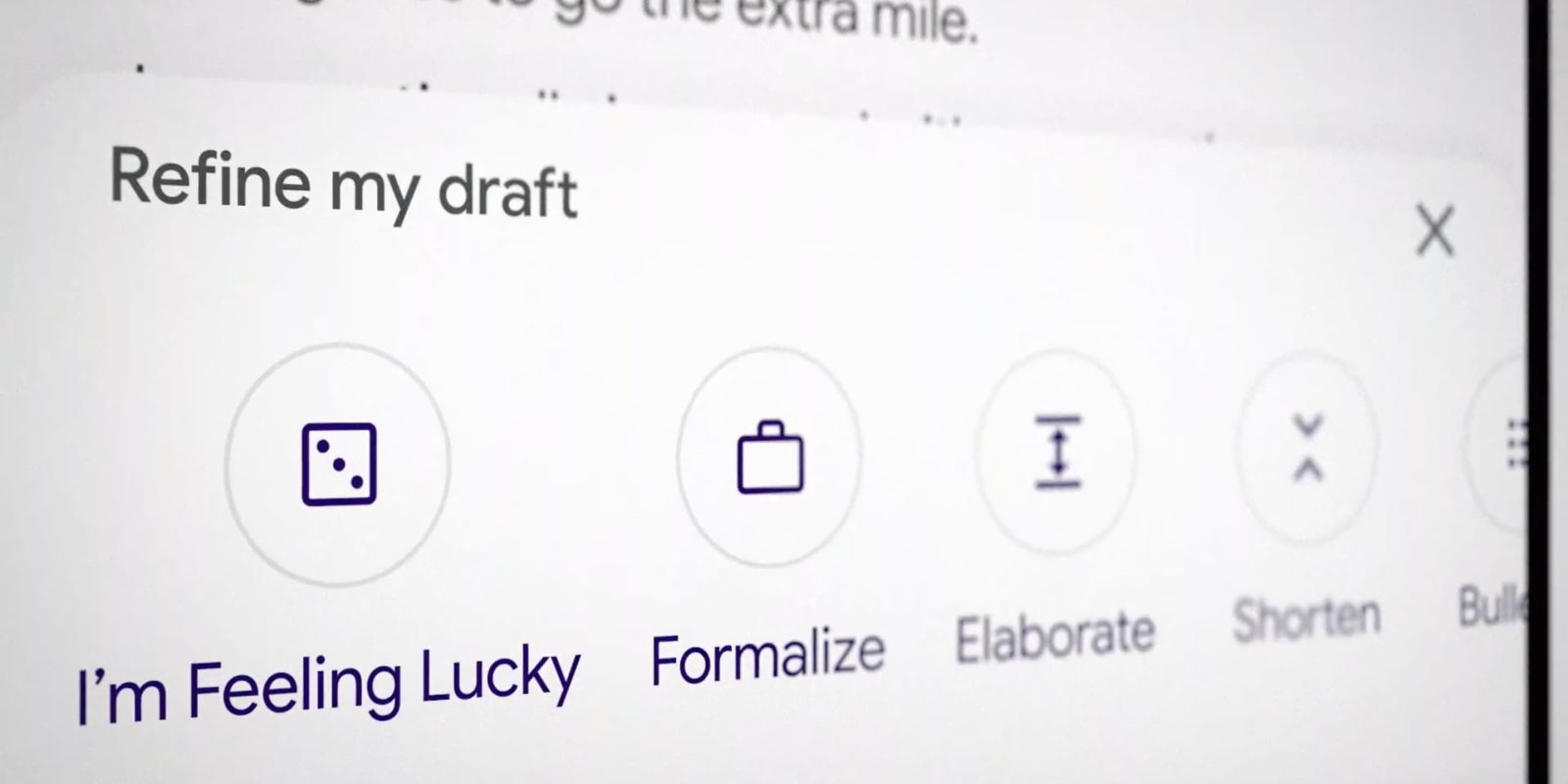
Ahead of generative AI coming to Gmail and Docs, as well as third parties, Google has published a “prohibited use policy” for those using its upcoming products and capabilities.
Dated yesterday, Google starts by saying that “Generative AI models can help you explore new topics, inspire your creativity, and learn new things.”
However, we expect you to use and engage with them in a responsible, legal manner. To this end, you must not use the Google services that reference this policy to:
- Perform or facilitate dangerous, illegal, or malicious activities
- Generate and distribute content intended to misinform, misrepresent or mislead
- Generate sexually explicit content, including content created for the purposes of pornography or sexual gratification (e.g. sexual chatbots). Note that this does not include content created for scientific, educational, documentary, or artistic purposes.
The first point is quite encompassing and prohibits “attempts to override or circumvent safety filters or intentionally drive the model to act in a manner that contravenes our policies.”
Of note is the second policy, with Google not allowing:
- Misrepresentation of the provenance of generated content by claiming content was created by a human, or represent generated content as original works, in order to deceive
- Generation of content that impersonates an individual (living or dead) without explicit disclosure, in order to deceive
- Misleading claims of expertise or capability made particularly in sensitive areas (e.g. health, finance, government services, or legal)
- Making automated decisions in domains that affect material or individual rights or well-being (e.g., finance, legal, employment, healthcare, housing, insurance, and social welfare)
Elsewhere, in the “additional terms of service,” Google makes the following disclaimers
The Services use experimental technology and may sometimes provide inaccurate or offensive content that doesn’t represent Google’s views.
Use discretion before relying on, publishing, or otherwise using content provided by the Services.
Don’t rely on the Services for medical, legal, financial, or other professional advice. Any content regarding those topics is provided for informational purposes only and is not a substitute for advice from a qualified professional.
Like Bard, Google said it would launch the Gmail and Docs experiences this month through a trusted tester program. In Gmail, Google showed off being able to formalize, elaborate, shorten, and “bulletize” text you’ve written, as well as being able to summarize whole threads.
More forward-looking capabilities include image generation in Slides and having Google Meet take notes during a call.
FTC: We use income earning auto affiliate links. More.


Comments